- Home
- TLC 2024
Teaching & Learning Conference 2024

20th Annual Teaching & Learning Conference at Elon University
Elon University welcomes university and college educators to the 20th Annual Teaching & Learning Conference on Tuesday, August 13th, 2024. This free, fully-virtual conference is sponsored jointly by Elon’s Center for the Advancement of Teaching and Learning (CATL) and Teaching and Learning Technologies (TLT).
Conference Theme: Divergent Teaching: Empathy, Rigor, and Beyond
Divergent thinking entails creatively exploring multiple avenues to address a problem. This year at Elon’s 20th annual Teaching and Learning conference we explore divergent teaching, considering multiple ways to take on the challenges of college teaching as we work with a new population of learners. How do we as instructors teach creatively and inclusively while emphasizing the importance of empathy and innovative pedagogical approaches?
Proposals may wish to consider the following subthemes:
- How do we recognize and find new ways to connect with today’s students? How do we support, recognize, and articulate this work in tangible and meaningful ways?
- How can we acknowledge and embrace neurodivergence on our campuses, recognizing it as an integral facet of identity? Given the diversity among neurodivergent individuals, how do we enhance our understanding of neurodiversity and neurodivergence to benefit everyone’s learning?
- How do we consider multiple approaches to teaching and learning while still acknowledging and appreciating the importance of health and well-being, particularly during periods of liminality and change?
- How do we center inclusive practices and encourage creative thinking and learning? What does this look like in our course design, assessment choices, and instructional practices?
- How do we cultivate creative processes in our teaching and for our students? How can we teach students that creative and innovative thinking is a practice that can be refined and improved?
- How can divergent spaces, places, and community help us define, subvert, and/or empower ways in which students experience learning?
We invite proposals for three session types:
- Interactive Workshop: 50-minute evidence-based workshop
- Innovative Pedagogical Strategy: 25-minute presentations highlighting a teaching strategy and its impact
- Speed Teaching: 10-minute presentation followed by Q&A in a group of three presenters
Check out the 2024 Conference Program.
About our Keynote Speaker
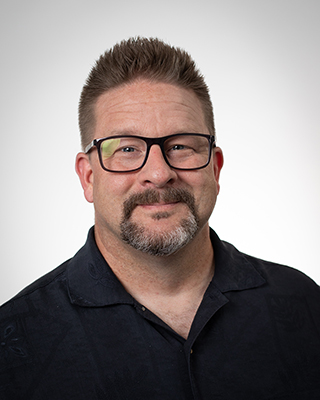
Kevin Gannon is the Director of the Center for the Advancement of Faculty Excellence (CAFE) and Professor of History at Queens University of Charlotte.
His teaching, research, and public work (including writing) centers on critical and inclusive pedagogy; race, history, and justice; and technology and teaching. He writes semi-regularly for The Chronicle of Higher Education), and his essays on higher education have also been published in Vox and other media outlets. His book Radical Hope: A Teaching Manifesto, was published by West Virginia University press in Spring, 2020, as part of their Teaching and Learning in Higher Education series, edited by James M. Lang. His scholarly work centers on Race and Racisms, Critical and Inclusive Pedagogy, nineteenth-century history (particularly the United States and the Americas), and historiography and theory. As an educational developer, he works closely with faculty, staff, and administration to promote excellence and innovation in teaching, and to support faculty work across the areas of teaching, scholarship, and university service. He is a fierce advocate for professional development in all its manifestations, active learning, scholarly teaching, good technology, social justice, movable furniture, and humor in any environment.
About our Keynote Session
Rethinking “Rigor” and Centering Academic Wellness
What does “rigor” look like? We’re hearing a lot about it: we’re told we need to “return to rigor,” or “embrace rigorous standards,” or “bring rigor back into the classroom.” But what is it, exactly? After “pandemic pedagogy,” as we work to (re)connect with our students—with all of their diversity and talents—we ought to critically examine this question. There is research suggesting what we define as rigor and what students experience in so-called “rigorous” classes are vastly different things. What if, instead of promoting meaningful, challenging learning, we’re actually placing barriers in front of our students? This talk will explore the need to find balance between our conceptions of rigor and students’ academic well-being. We’ll consider the ways in which rigor manifests itself in our teaching and learning spaces, and how the concept is often weaponized against the very things we say are important to our courses. Finally, we’ll consider specific strategies to challenge our students in ways that promote, rather than prevent, their success.
Annual Elon Faculty & Staff Plenary
For this year’s Elon Faculty Plenary, we will explore the intersection of design, technology, and creativity to foster learning opportunities in unconventional spaces. We’ll examine how non-traditional learning spaces (ex. Maker Hub, outdoor classroom, flipped classroom) create dynamic learning environments that cater to diverse needs and promote inclusivity. Additionally, we will discuss how we can make non-traditional learning spaces more inclusive by incorporating technology and/or other accommodations.
2024 Panelists
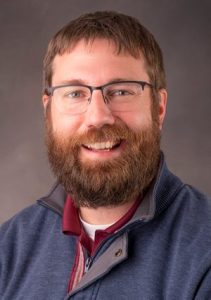
Dan Reis, Senior Instructional Technologist, Teaching and Learning Technologies
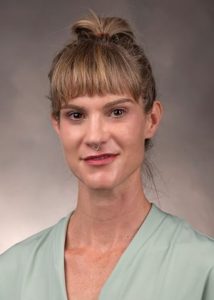
Renay Aumiller, Associate Professor of Dance, Performing Arts
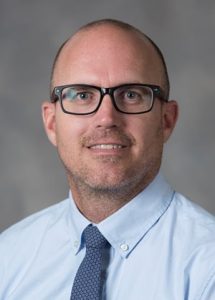
Dr. Scott Morrison, Associate Professor of Education, Education and Wellness
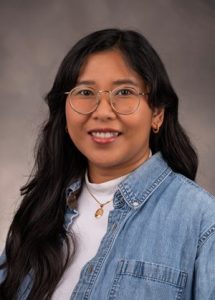
Dr. Bethanny Sudibyo, Lecturer in Spanish, World Languages and Cultures
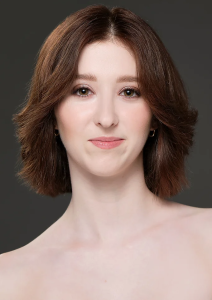
Madeleine Milner, Elon Class of 2027, Fine Arts Fellows Scholar